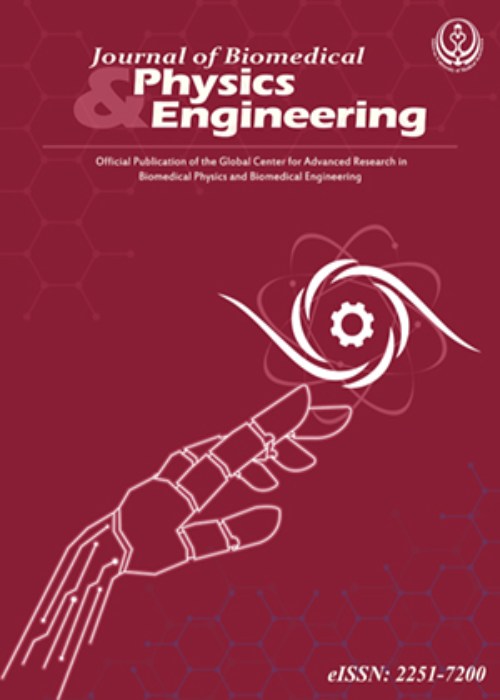COVID-19 Pandemic: How to Use Artificial Intelligence to Choose Non-Vulnerable Workers for Positions with the Highest Possible Levels of Exposure to the Novel Coronavirus
The COVID-19 pandemic has affected people globally; nowadays several countries are facing a major change in daily life due to universal quarantining, closed schools, social isolation, and shelter-in-place orders. In addition, this pandemic caused an economic crisis. International Labour Organization (ILO) reported that not only COVID-19 is a serious threat to public health but also the economic and social disruption of this crisis threatens the long-term livelihoods and wellbeing of millions of people. In this short paper, we introduce our hypothesis on using artificial intelligence (AI) technology to predict which employees are most vulnerable to the infections caused by the novel coronavirus (SARS-CoV-2). Such a system can be used in a wide variety of work places such as libraries, banks, drugstores, and hotel receptions to reduce the risk of severe infections in employees as well as to ensure the safety of labor force and the sustainability of businesses and jobs.
- حق عضویت دریافتی صرف حمایت از نشریات عضو و نگهداری، تکمیل و توسعه مگیران میشود.
- پرداخت حق اشتراک و دانلود مقالات اجازه بازنشر آن در سایر رسانههای چاپی و دیجیتال را به کاربر نمیدهد.


